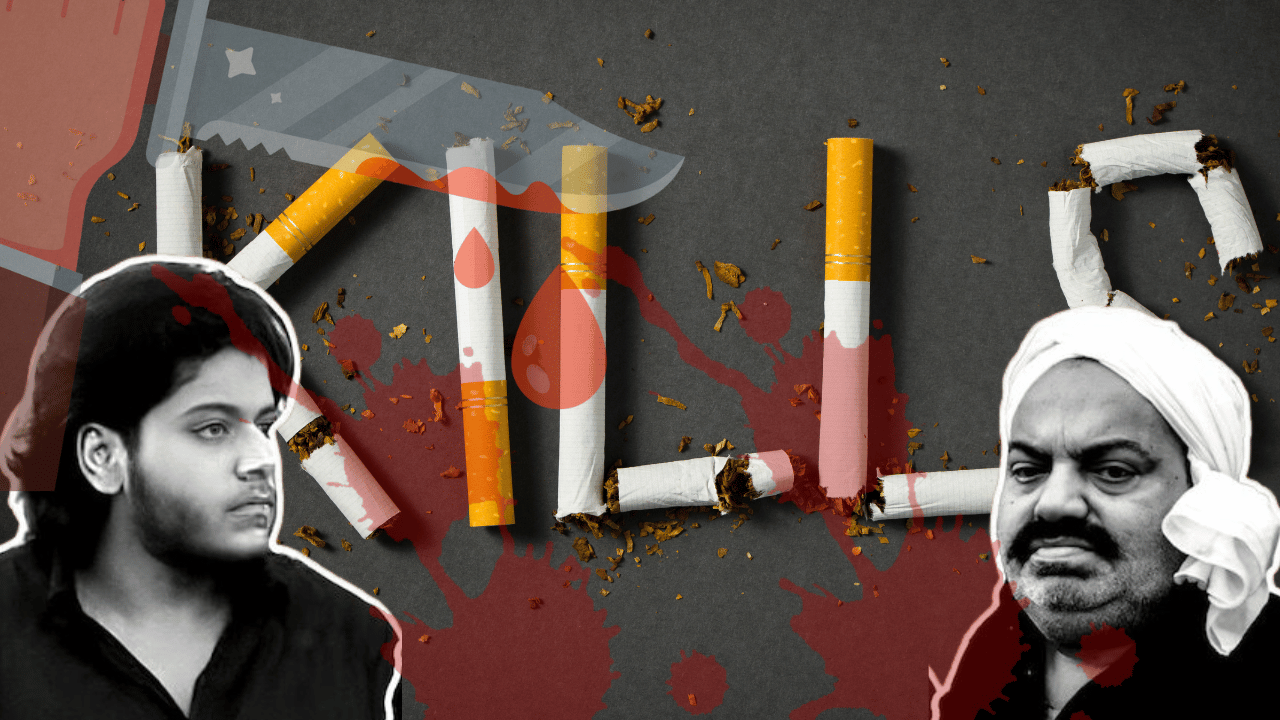The recent killings of gangster-turned-politician Atiq Ahmad and his brother Ashraf in Prayagraj have raised concerns about human rights violations and the rule of law in Uttar Pradesh.
The National Human Rights Commission (NHRC) has issued notice to the Uttar Pradesh Police, and the state government has set up a judicial commission to investigate the killings.
Atiq Ahmad was a notorious criminal with a long history of violent crimes, including murder, extortion, and kidnapping. He had also been involved in politics, and had been elected as a Member of Parliament from Phulpur constituency in 2004 on a Samajwadi Party ticket. Despite his criminal record, he continued to wield political influence in the region.
On February 24, 2022, a lawyer named Umesh Pal was shot dead in Prayagraj. Pal was a witness in the murder of Bahujan Samaj Party MLA Raju Pal in 2005, in which Atiq Ahmad was one of the accused. Pal’s killing was allegedly carried out at the behest of Atiq Ahmad, who was named as one of the main conspirators in the case. Atiq Ahmad’s son Asad was also among the accused in the case.
On April 15, 2022, Atiq Ahmad and his brother Ashraf were taken for a medical test in Prayagraj. While they were being escorted by the police, three assailants posing as journalists shot them at point blank range. Atiq Ahmad received nine bullets on his chest and head, while his brother was shot five times. The shooters surrendered after carrying out the attack, and were arrested.
The killings have raised serious questions about the role of the police and the state government in ensuring the safety and security of citizens, as well as the fairness and impartiality of the judicial system. The fact that the assailants were able to pose as journalists and carry out the attack with such ease raises concerns about the effectiveness of security measures in place.
The NHRC’s notice to the Uttar Pradesh Police is a welcome step, as it will help to ensure that a thorough and impartial investigation is carried out. The judicial commission set up by the state government will also play an important role in uncovering the truth behind the killings and holding those responsible accountable.
However, there are concerns about the independence and impartiality of the judicial commission, given the political influence wielded by Atiq Ahmad and his family in the region. There have also been allegations of police brutality and extrajudicial killings in the state, which raise questions about the credibility of the police investigation.
It is essential that the investigation is carried out in a transparent and impartial manner, and that those responsible for the killings are held accountable, regardless of their political affiliations or connections. The right to life is a fundamental human right, and it is the duty of the state to ensure that it is protected and respected.
The killings also highlight the need for reforms in the criminal justice system, including the need to ensure that witnesses are protected and given adequate support to testify in court. Witness protection programs should be implemented to ensure that witnesses are not intimidated or harmed, and that they are able to testify without fear of reprisal.
In addition, there is a need to strengthen the rule of law and ensure that criminals are brought to justice, regardless of their political connections or influence. Political interference in the judicial system must be curtailed, and steps should be taken to ensure that the judiciary is independent and impartial.
The killings of Atiq Ahmad and his brother Ashraf are a tragic reminder of the challenges facing Uttar Pradesh and the country as a whole in ensuring the protection of human rights and the rule of law. It is essential that all stakeholders work together to address these challenges and create a more just and equitable society.
GN Saibaba convicted, sentenced in 2017 under UAPA









Leave a Reply